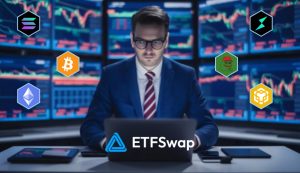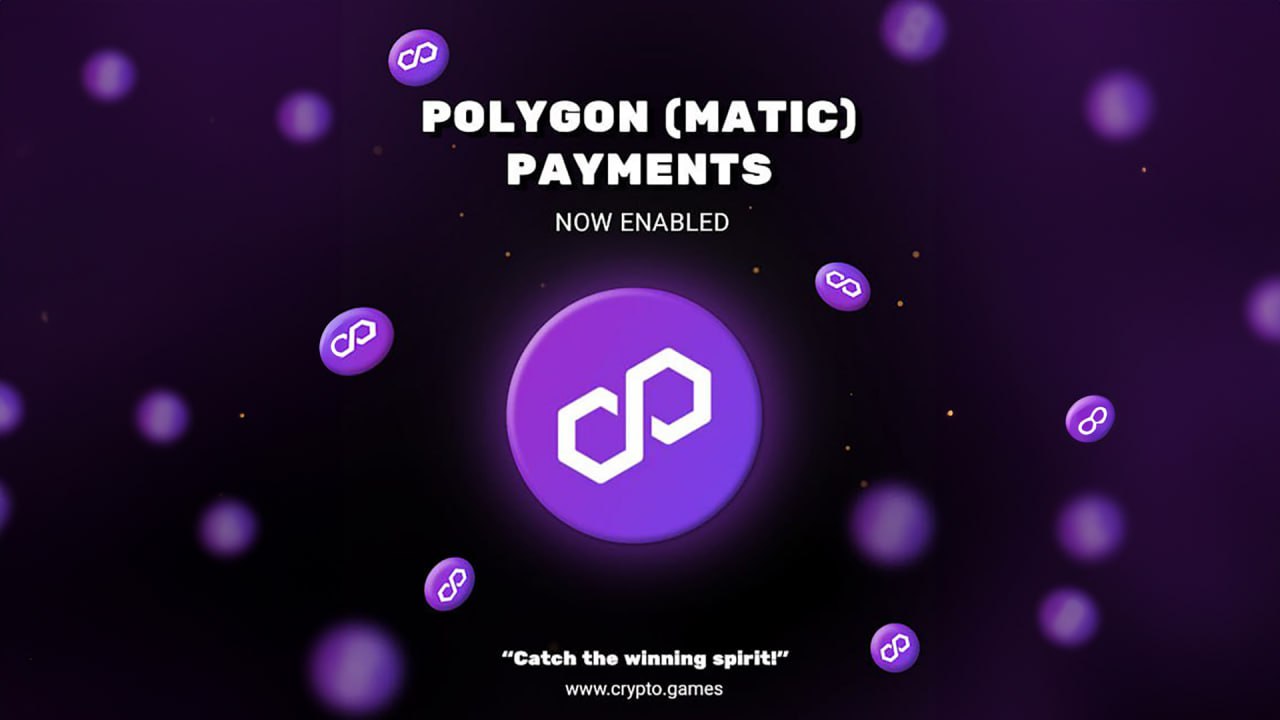Understanding the Kimchi Premium
The Kimchi Premium is a unique occurrence that takes place on cryptocurrency exchanges in South Korea. It involves the higher valuation of certain tokens on these exchanges compared to their valuation on international exchanges. Traders in South Korea see the Kimchi Premium as an advantageous point. However, in order to take advantage of this phenomenon and secure profits, traders must buy tokens like Bitcoin on exchanges outside of South Korea and sell them on Korean exchanges like Upbit and Bithumb.
The reason for the difference in valuations between South Korean exchanges and the rest of the world lies in the decentralized nature of cryptocurrency trading. Unlike other tradeable commodities and assets that are regulated by centralized institutions, cryptocurrency trading operates on a decentralized blockchain technology. As blockchain technology evolves and more crypto tokens emerge, exchanges worldwide sometimes struggle to keep up with the high levels of activity, leading to the occurrence of the Kimchi Premium.
Exploiting valuation differences between exchanges is not limited to the Kimchi Premium phenomenon in South Korea. Similar small differences in valuation can be seen on exchanges worldwide. Traders have recognized these differences and have started profiting from them through a trading strategy called arbitrage.
While trading to take advantage of the Kimchi Premium is a form of arbitrage, South Korean authorities are determined to regulate crypto exchanges and eliminate this irregularity. The government has enforced strict capital control rules, which often prevent traders from profiting from the Kimchi Premium. Additionally, other financial regulations and anti-money laundering legislation hinder traders from manipulating the market through the Kimchi Premium.
The Kimchi Premium was first identified as a phenomenon in early 2016. Professors from the University of Calgary state that the discrepancies caused by the Kimchi Premium were most significant between 2016 and 2018. Reports indicate that in January 2018, the price difference for one Bitcoin between South Korean exchanges and international exchanges was around 55%. On average, the Kimchi Premium tends to settle around 4.5%.
While data has proven the existence of the Kimchi Premium, regulators face limitations in controlling this phenomenon. The decentralized nature of blockchains and cryptocurrencies makes it impossible to enforce rules that cover all crypto tokens.











